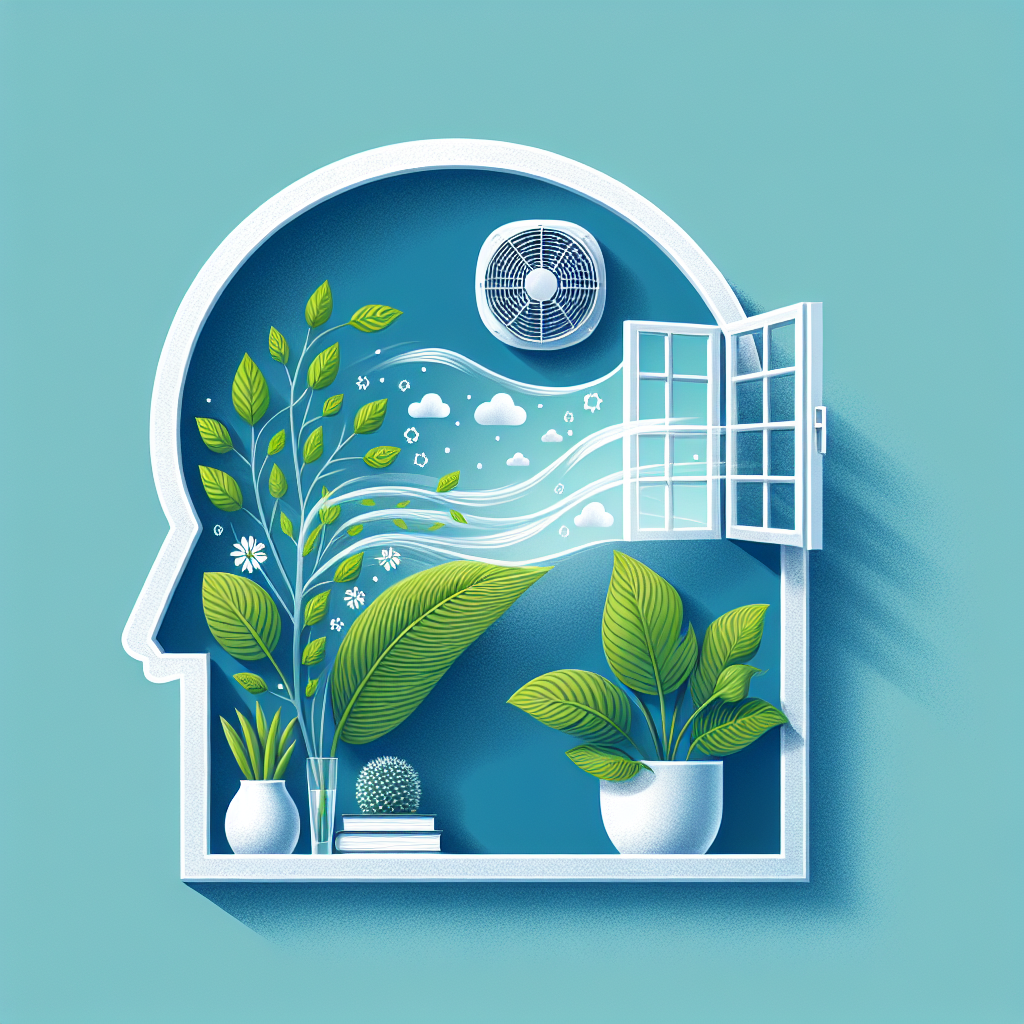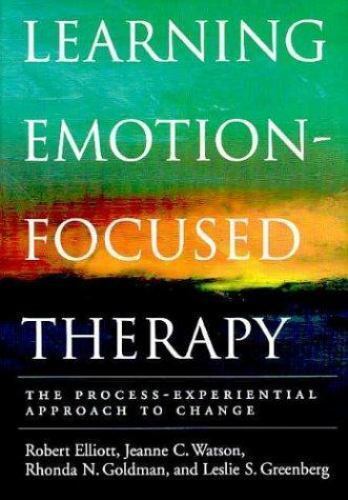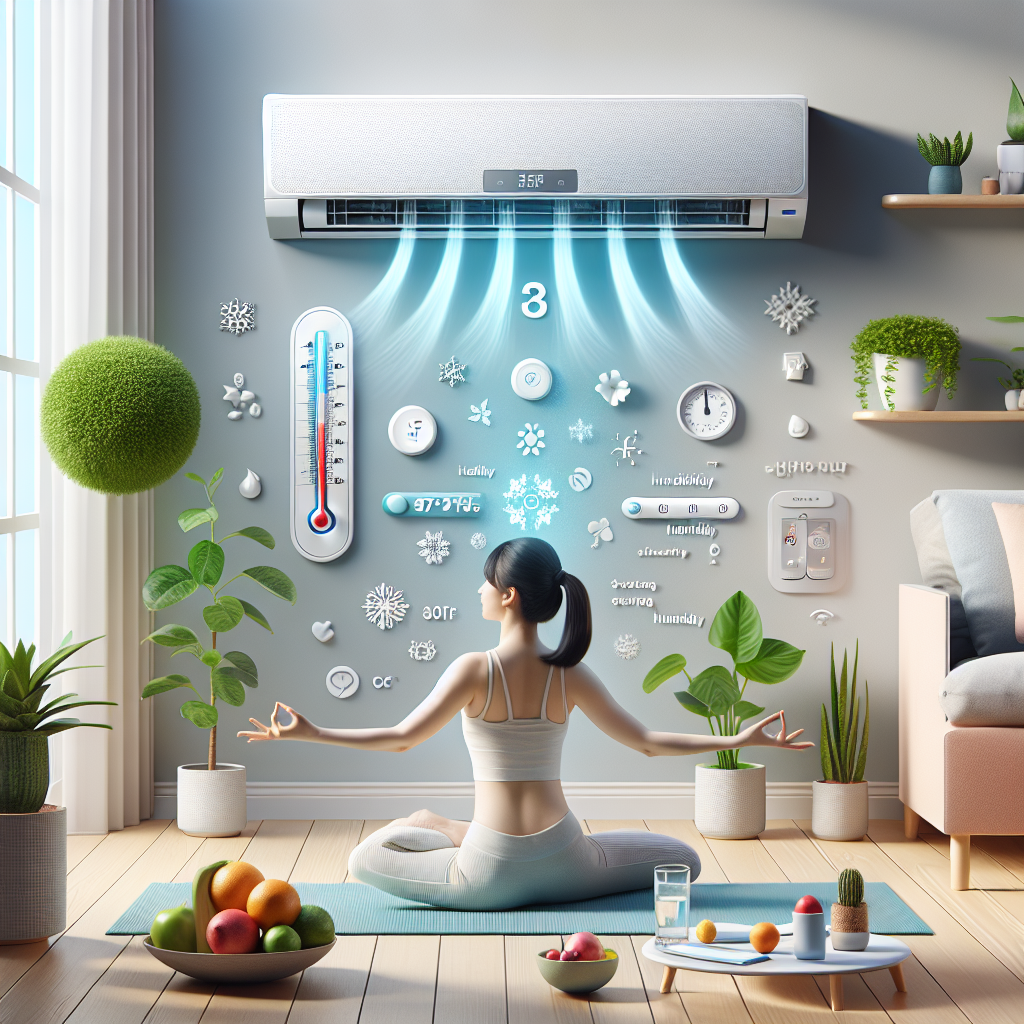Ventilation plays a crucial role in maintaining good indoor air quality, which has a direct impact on our overall health and well-being. Proper ventilation helps to remove indoor air pollutants, control humidity levels, and bring in fresh outdoor air, all of which are essential for a healthy living environment.
One of the most significant benefits of good ventilation is the removal of indoor air pollutants. These pollutants can come from a variety of sources, including cooking fumes, cleaning products, tobacco smoke, and off-gassing from building materials and furniture. Without proper ventilation, these pollutants can accumulate in the air and lead to respiratory problems, allergies, and other health issues.
Controlling humidity levels is another important function of ventilation. High humidity levels can create the perfect breeding ground for mold, mildew, and dust mites, which can exacerbate respiratory problems and cause allergies. On the other hand, low humidity levels can lead to dry skin, irritated eyes, and respiratory problems. Proper ventilation helps to maintain optimal humidity levels, creating a comfortable and healthy indoor environment.
In addition to removing indoor air pollutants and controlling humidity levels, ventilation also helps to bring in fresh outdoor air. Fresh air is essential for diluting indoor air pollutants and replenishing oxygen levels. It can also help to reduce stuffiness and improve overall comfort in the home.
Poor ventilation, on the other hand, can lead to a variety of health problems. Indoor air pollutants can build up, leading to respiratory issues, headaches, fatigue, and other health problems. High humidity levels can promote the growth of mold and mildew, which can trigger allergies and asthma attacks. Inadequate ventilation can also lead to a buildup of carbon dioxide, which can cause drowsiness, headaches, and poor concentration.
In conclusion, ventilation plays a critical role in maintaining good indoor air quality and promoting overall health and well-being. By ensuring proper ventilation in our homes and workplaces, we can reduce the risk of respiratory problems, allergies, and other health issues. Investing in a good ventilation system is an investment in our health and well-being.








